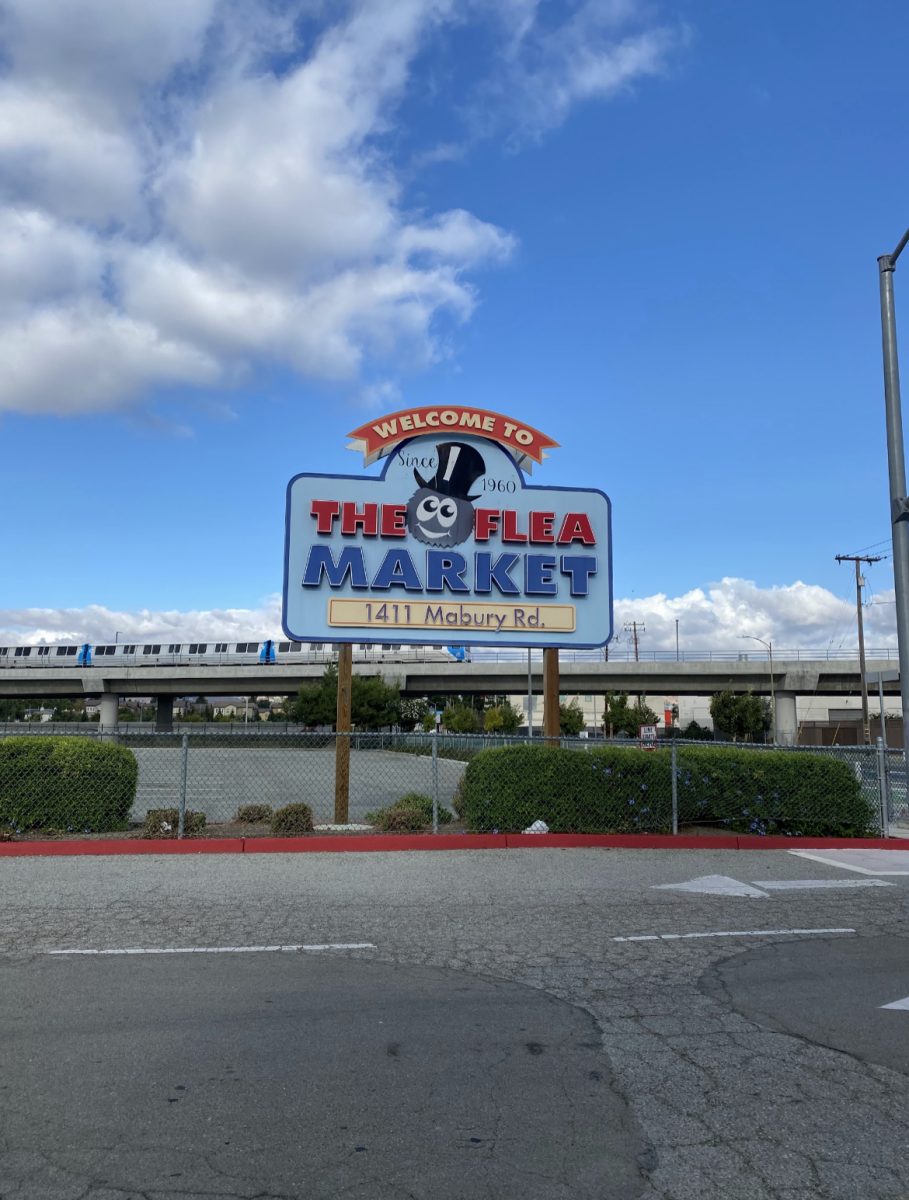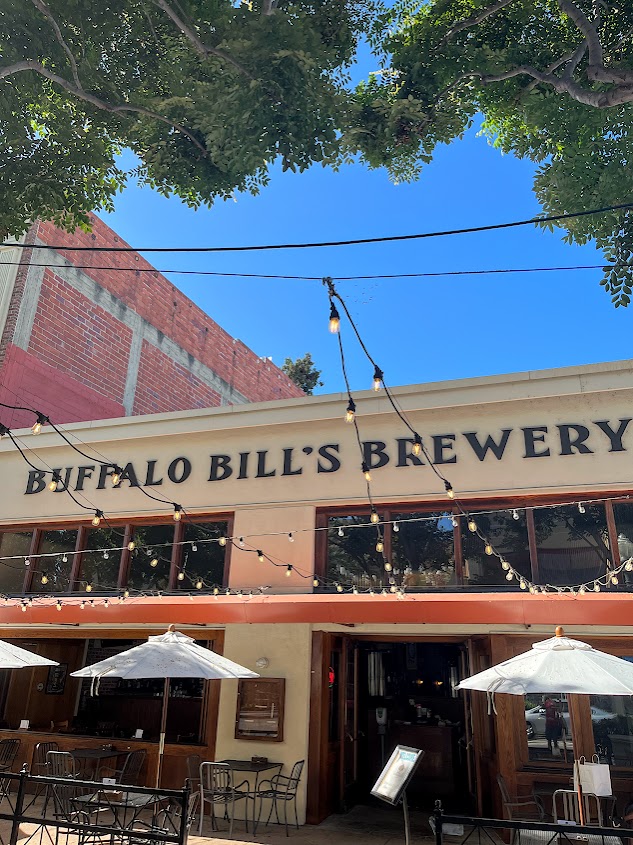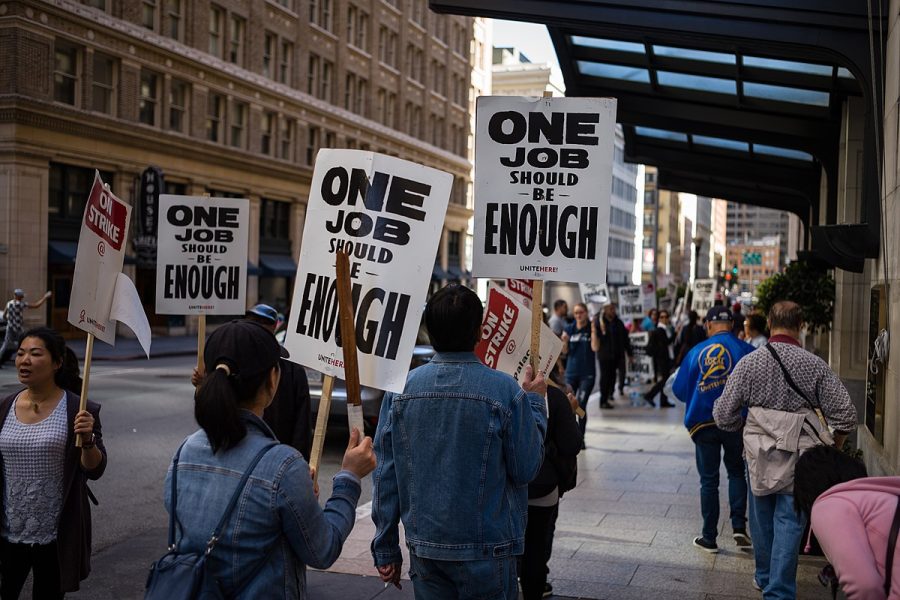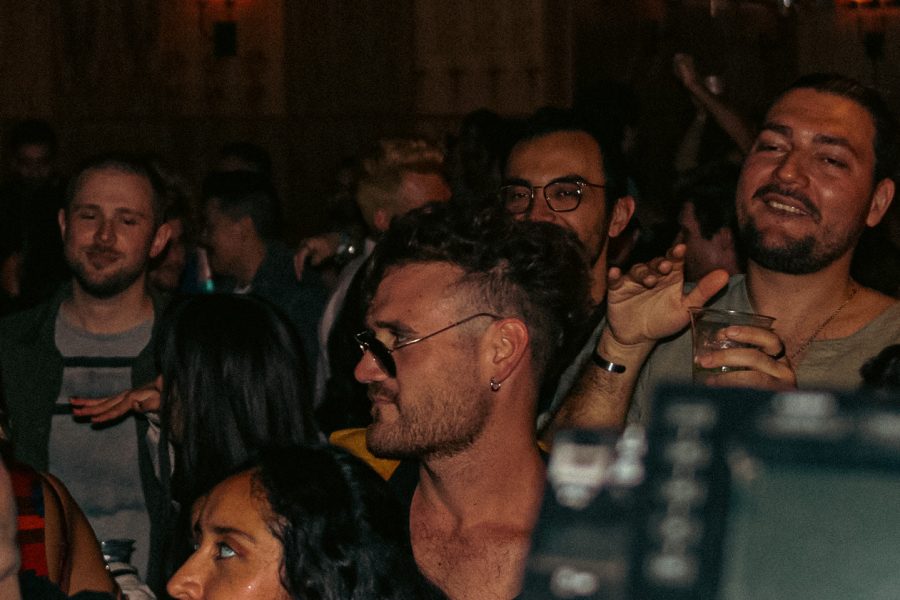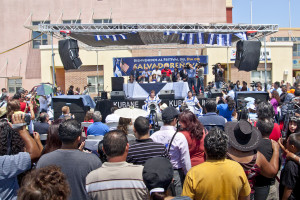
Individuals and families from all over the Bay Area gathered in Oakland August 6 to celebrate the fifth annual Salvadoran Day to commemorate a group of people who represent a growing and influential force in the United States.
Over a hundred people gathered at the Cesar E. Chavez Education Center for a day of festivities, education, arts, entertainment and exceptionally good food.
The festival produced an opportunity for people of Salvadoran heritage and nationality to not only celebrate their rich and distinguished culture together, but to persist in confirming their presence in the United States and Bay Area.
“I am first and foremost an American, but being a child of Salvadoran immigrants helps solidify my overall identity,” said San Jose State University student Daniel Morales. “Being here is a great chance to connect with my heritage but at the same time strengthen for me what it means to be an American.”
With a population of more than 1.6 million in the United States, Salvadorans and Salvadoran-Americans are now the fourth largest Latino group in the United States, according to 2010 census figures.
Salvadoran-Americans have surpassed Dominican-Americans in number and are swiftly gaining on Cuban-Americans, with 35 percent of the population residing in California and more than 8 percent in the Bay Area.
As one of the fastest growing ethnic populations in the United States, Salvadoran-Americans have been seen as a growing political force among Latino populations, as those coming to voting age in the Salvadoran communities nationwide have exerted themselves in politics and education at a budding rate.
Thus, the Day of the Salvadoran, or Dia del Salvadoreño, many said is a day to collaboratively assert their roots and strengthen their representation in the United States as an entity that has relevance and presence to the ideals of the country and its future.
A day-long festival devoted to commemorating Salvadoran-Americans and their contributions, this year’s festival in Oakland hosted various groups and programs of special interest to Latino groups like Salvadorans, as well as a presentation of local and important city government figures.
Along with presentations from the cities of Richmond, Daly City, San Rafael, Oakland, counties of Marin and San Mateo as well as the Salvadoran Consulate in San Francisco all recognizing the festival and national holiday, a special recognition was given to Chancellor of the University of El Salvador, Rufino Antonio Quezada.
Recognized for his contributions to the university and his work in the struggle during El Salvador’s civil war of the 1980s and early 1990s, Quezada was renowned as a figure of Salvadoran pride and resiliency for many of the people in attendance, most of who are immigrants from that notorious time period.
One of the biggest waves of Salvadoran immigrants arrived amid the Central American country’s civil war, draining El Salvador of between 20 and 30 percent of its population.
The civil war was prompted by economic, class and political inequities consequently producing a devastating struggle for power by the military-led government of El Salvador and a coalition of umbrella organizations of five left-wing militias.
Resulting in the death of roughly 75,000 people, the Salvadoran Civil War prompted the migration of the vast majority of present day Salvadorans in the United States, consequently creating the present generations of Americans of Salvadoran ethnic heritage.
It is from this mass wave of first and second generation Americans, many said, that the impact of Salvadoran-Americans will resonate with those who struggled to come here fleeing persecution and violence.
Consequently from the blemished image of the civil war, many Salvadoran-Americans feel that their image most generally represented about in the media coincides with that of illegal immigrants or that of gang-associated criminals.
For many people in attendance in Oakland’s festival, needs to educate and expose Salvadoran-Americans to these indifferences is an important step in growing for their community, and thus find it important that festivals such as Dia del Salvadoreño remain in existence.
“We generally see a negative stigma associated with Salvadorans in the media, and being here today we want to show that is an underrepresentation of who we really are,” said Breena Nuñez with San Francisco State University’s chapter of Union Salvadoreña de Estudiantes Universitarios (USEU), a student coalition of Salvadoran-Americans who were promoting Domestic Workers Bill of Rights at the festival.
“We want to promote the positive and what we think are much more valid representations of who we are to really grow as a community,” she said. “That will be the mark of great change for our futures.”
Along with music, shopping, soccer games, displays of paintings and photographs and a meet-and-greet with prominent Salvadoran authors, the festival stresses the importance of Salvadoran-Americans in the United States, as their growing numbers present the influence they can make in the future.
“I am very proud to be here,” said CSU East Bay parent Emilio Ayala. “I love this country and the great opportunities it has supplied me and my children, the ability to live free of violent oppression and pursue the American dream.
“But the best part about today is that we’re all here together for one day to just be proud of our dual identities,” he said. “What could be more American than that?”






